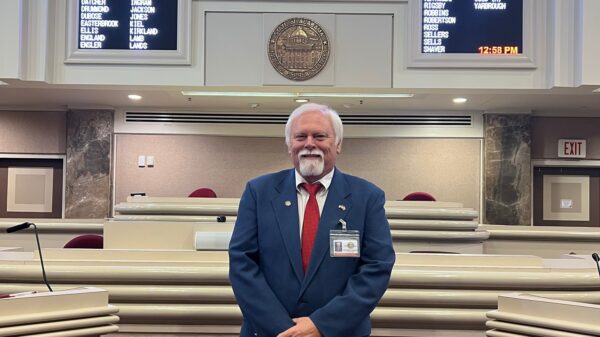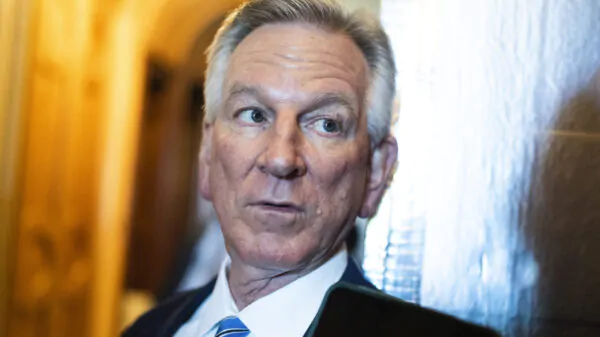By Susan Watson
Executive Director, ACLU of Alabama
Most of us expect that when we go to a hospital we will be cared for, regardless of the health condition presented. But a bill (HB 31) that will soon be considered by the Alabama Senate could allow a health care professional to refuse, because of their religious beliefs, to participate in an abortion – even if continuing the pregnancy poses a significant risk to the woman’s health.
Picture it: A pregnant woman is driving on a rural Alabama highway at night. Out of nowhere a car comes swerving towards her. She slams on the breaks and the cars just barely miss each other Feeling relieved that she wasn’t severely hurt, just banged up, she continues on her way. But then she begins to feel immense pain and cramping. In a gas station bathroom she sees blood. Quickly she rushes herself to a hospital emergency room, where she is told the devastating news that there is virtually no chance for her pregnancy to survive, and that continuing the pregnancy could pose significant risks to her health. The excitement and joy she and her husband felt about their first pregnancy is quickly turning into fear and their worst nightmare.
This terrible situation could soon be made all the more devastating because of this proposed bill. Hospital staff, including any doctor, nurse, counselor, lab technician, or pharmacist, could refuse to participate in any phase of patient medical care related to ending a pregnancy, even if that is what a patient like this woman needs to protect her own health and future fertility. The bill would permit a health care provider to refuse to admit or provide care for a pregnant woman who is in excruciating pain, and in danger of infection and hemorrhaging.
If this bill becomes law, medical personnel will be under no obligation to tell a pregnant woman that there is even a problem with her pregnancy if the provider believes that the information might lead the woman to decide that terminating the pregnancy is the best course of action.
Health care professionals should not be allowed to endanger the health and safety of their patients by refusing to do their job because of their personal beliefs. Religious freedom guarantees the right to hold certain beliefs. It does not, however, give us the right to impose those beliefs on others who do not share them, particularly when doing so would deny others crucial health care. But that is exactly what HB 31 would do.















































